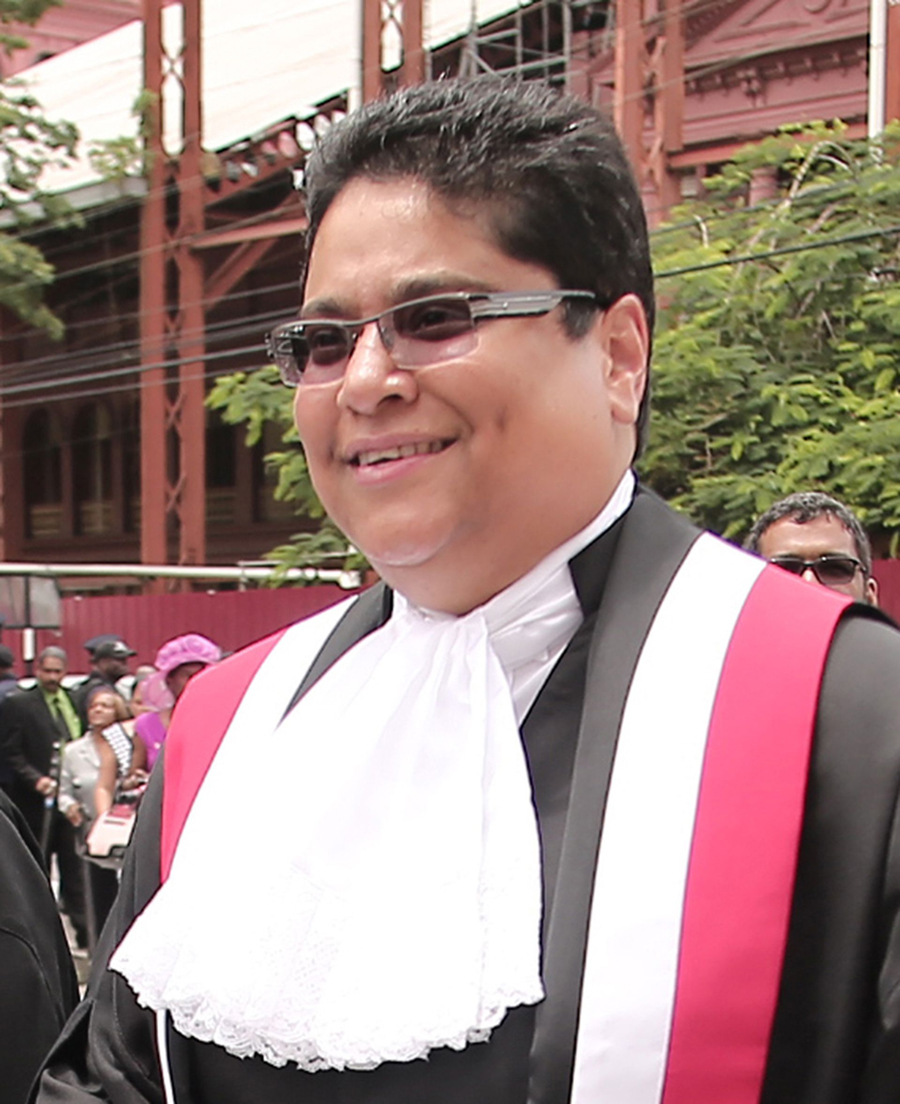(TRINIDAD GUARDIAN) Almost half of the criminal backlog cases in this country’s High Courts have been pending for more than 15 years. At least 52 of the accused died while waiting for their matters to be completed.
These figures were revealed in the Judiciary’s 2017-2018 annual report as a result of a review of the backlog of cases by the Court Performance Reporting and Management initiative. There were 709 cases in the backlog inventory at the Assizes at the end of last year. Of that figure, 352 cases or 49.6 per cent were pending for more than 15 years.
The review was aimed at “rationalising old cases on the Judiciary’s system in order to grasp the numerical size and nature of the backlog.” The definition used by the Judiciary for criminal backlog cases was “all indictments filed before October 31, 2012 and yet to be tried”.
As at the end of 2017, there were 1,480 such cases.
A committee chaired by Justice Gillian Lucky was established to examine the records and make recommendations on the way forward in the High Court.
The committee found that 715 of the 1,480 cases listed were actually matters that were finished but not disposed of in the system. This was deemed a data entry backlog and corrected.
“In addressing the backlog of matters in the criminal jurisdiction, both at the Magistrates’ and High Courts, the implementation of the criminal procedure rules has resulted in a significant increase in matters ready for trial. The challenge remains that while cases are ready to be heard, there is an insufficient number of judicial officers to determine the matters,” the annual report stated.
“While the issue of the increase in the complement of judicial officers is addressed, there were other avenues that were explored to test the process required for reform.”
One such initiative was the reintroduction of the Fast Track Court which operated as a pilot project during the six-week-long vacation of the High Court. In all, 12 matters were disposed of off during that period between August 1 to September 12.
Another initiative that was taken to try and clear the criminal backlog was the introduction of Status Hearings for those persons on remand who are awaiting trial and who wish to either plead guilty or commence Maximum Sentence Indication (MSI) proceedings.
One hundred and fifty-five persons, including 94 murder accused, went before the court as a result of this.
“The Status Hearings are ongoing and when the indictments in the matters are filed, the cases will be distributed among and heard by the judicial officers of the High Court,” the annual report stated.

